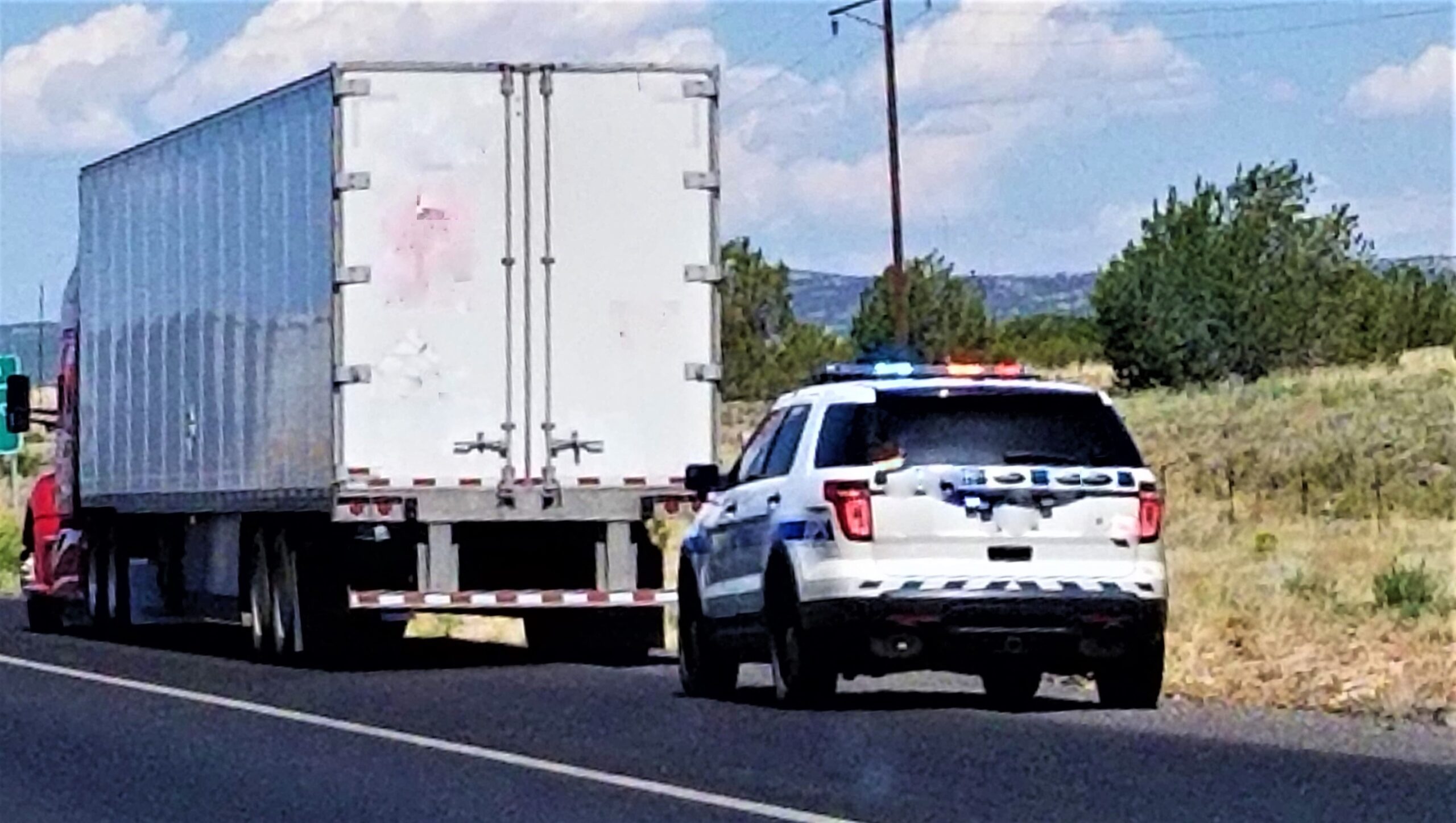November 18th – 178,000 CDLs Scheduled For Downgrades

Starting Monday, November 18, over 178,000 truck drivers and other CDL holders who are in “prohibited” status in the Federal Motor Carrier Safety Administration’s (FMCSA) Drug & Alcohol Clearinghouse will have their licenses downgraded, meaning they will lose their commercial driving privileges.
This change is part of the second phase of FMCSA’s Clearinghouse, which first started in 2020. Until now, drivers who failed a drug or alcohol test were listed as “prohibited,” but it was up to employers or law enforcement to check the Clearinghouse and take them off the road. Drivers could get out of “prohibited” status by completing the return-to-duty (RTD) process.
With the new rule, state driver licensing agencies (SDLAs) must remove commercial driving privileges for drivers in “prohibited” status, resulting in a downgrade of their CDL until they complete the RTD process. Some states have already started doing this ahead of the November 18 deadline.
This update is important for trucking companies, especially those that haven’t been following the Clearinghouse rules. Now, even if a company doesn’t check the Clearinghouse, they will notice when a driver’s CDL is downgraded for drug or alcohol violations. This new rule makes it harder for drivers to continue driving if they are in prohibited status without their employers knowing.
Independent owner-operators who are not in a fleet’s drug and alcohol program are also affected. They are required to be part of a drug-testing group, which will report any failed drug tests to the Clearinghouse, putting those drivers in prohibited status.
Since Clearinghouse started in 2020, only about a third of drivers who ended up in prohibited status have completed the RTD process to return to work. Trucking expert Brandon Wiseman thinks that while the CDL downgrade may push some drivers to follow the rules, others may leave the industry or work for companies that don’t follow Clearinghouse requirements.
For carriers already using the Clearinghouse and following the rules, Wiseman advises they continue with annual queries as required. The system also automatically notifies carriers if there’s a change in a driver’s status for 12 months after the last query.
Cook Insurance Group: Your Partner in Trucking Insurance
With over 20 years of experience in the trucking insurance industry, Cook Insurance Group offers unparalleled service and expertise. Serving large fleets, small fleets, single-owner operators, tow trucking operations, and charter bus lines, we focus exclusively on the trucking industry to provide the best insurance solutions. Our friendly, bilingual staff is dedicated to helping you find the right insurance protection at the right cost.
At Cook Insurance Group, we tailor our services to meet the specific needs of both small and large fleet trucking companies. Our representatives manage every aspect of your insurance program, ensuring you have the best plan for your unique needs. We offer immediate certificate and ID card issuance, 24/7 certificate availability, and a client portal for easy access to certificates, claim status, and policy details.
Our prompt and reliable service includes 24-hour claims reporting for physical damage and motor truck cargo.We also provide educational seminars for management and drivers, licensed risk managers to assist with CSA scores and driver training, border risk coverage (NAFTA), and mid-year loss run reviews. Whether you are located in Texas, Arizona, or Arkansas, choose Cook Insurance Group for all your trucking insurance needs.
Choose Cook Insurance Group for all of your trucking insurance needs whether you are located in Texas, Arizona or Arkansas.



